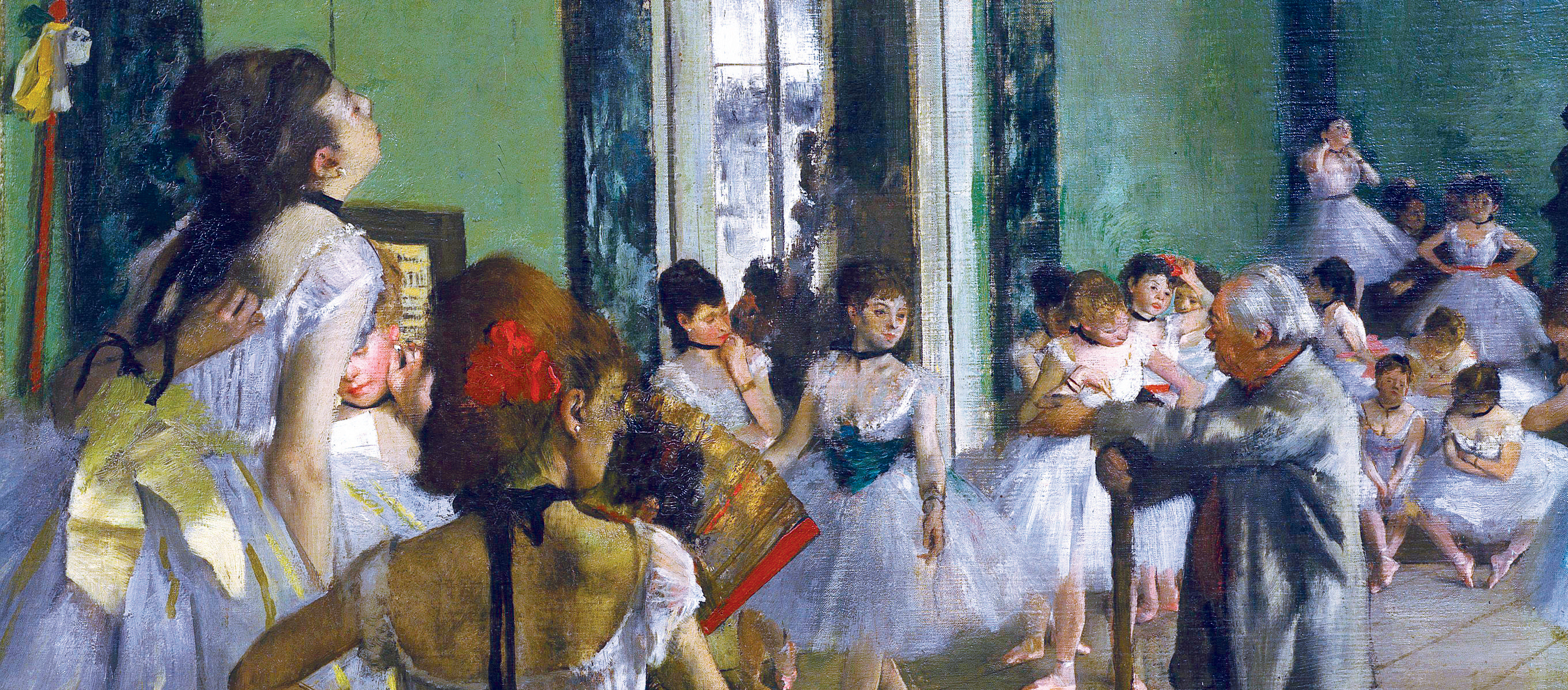Rewards and punishment are the lowest form of education.
—Zhuangzi, 286 BCMeeting a Guru
Eldridge Cleaver’s behind-bars guide.
A saint walked the earth in the person of one Chris Lovdjieff. He was a teacher at San Quentin and guru to all who came to him. What did he teach? Everything. It is easier just to say he taught Lovdjieff and let it go at that. He himself claimed to be sort of a disciple of Alan W. Watts, whom he used to bring over to Q to lecture us now and then in Hinduism, Zen Buddhism, and on the ways the peoples of Asia view the universe.
I never understood how “The Christ” (as I used to call Lovdjieff, to his great sorrow and pain) could sit at Watts’ feet, because he always seemed to me more warm, more human, and possessed of greater wisdom than Watts displayed either in his lectures or his books. It may be that I received this impression from having been exposed more to Lovdjieff than to Watts. Yet there was something about Watts that reminded me of a slick advertisement for a labor-saving device, aimed at the American housewife, out of the center page of Life magazine; while Lovdjieff’s central quality seemed to be pain, suffering, and a peculiar strength based on his understanding of his own helplessness, weakness, and need. Under Lovdjieff I studied world history, Oriental philosophy, Occidental philosophy, comparative religion, and economics. I could not tell one class from the other—neither could the other students and neither, I believe, could Lovdjieff. It was all Lovdjieff.
When you came to Lovdjieff’s classes, you came to learn. If you betrayed other motives, “Get out of here this minute!”—without malice but without equivocation. He was a magnet, an institution. He worked indefatigably. His day started when the school bell rang at 8:00 a.m. Often he would forgo lunch to interview a few students and help them along with their schoolwork or personal problems. He never ceased complaining because the officials refused to allow him to eat lunch in the mess hall with the prisoners. Had they given him a cell he would have taken it. After lunch, he’d teach until 3:00 p.m. When night school convened at 6:00 p.m., The Christ would be there—beaming, radiating—and he’d teach passionately until 10:00 p.m. Then reluctantly he’d go home to suffer in exile until school opened next day. On Saturdays he’d be there bright and early to teach—Lovdjieff. He would have come on Sundays too, only the officials put their foot down and refused to hear of it. The Christ settled for a Sunday evening radio program of two hours which he taped for broadcast to the prisoners.

The Dance Class, by Edgar Degas, c. 1873–1875. Musée d'Orsay, Paris, France.
His classes were works of art. He made ancient history contemporary by evoking the total environment—intellectual, social, political, economic—of an era. He breathed life into the shattered ruins of the past. Students sat entranced while The Christ performed, his silver-rimmed glasses reflecting the light in eye-twinkling flashes.
He dressed like a college boy, betraying a penchant for simple sweaters and plain slacks of no particular distinction. He burned incense in his classroom when he lectured on religion to evoke a certain mood. He was drawn to those students who seemed most impossible to teach—old men who had been illiterate all their lives and set in their ways. Lovdjieff didn’t believe that anyone or anything in the universe was “set in its ways.” Those students who were intelligent and quickest to learn he seemed reluctant to bother with, almost as if to say, pointing at the illiterates and speaking to the bright ones, “Go away. Leave me. You don’t need me. These others do.”
Jesus wept. Lovdjieff would weep over a tragic event that had taken place ten thousand years ago in some forgotten byway in the Fertile Crescent. Once he was lecturing on the ancient Hebrews. He was angry with them for choosing to settle along the trade routes between Egypt and Mesopotamia. He showed how, over the centuries time and time again, these people had been invaded, slaughtered, driven out, captured, but always to return.
“What is it that keeps pulling them back to this spot!” he exclaimed. He lost his breath. His face crumpled, and he broke down and wept. “Why do they insist on living in the middle of that—that (for once, I thought meanly, The Christ couldn’t find a word)—that—freeway! They have to sit down in the center of the freeway! That’s all it is—look!” He pointed out the trade routes on the map behind his desk, then he sat down and cried uncontrollably for several minutes.
Another time, he brought tape-recorded selections from Thomas Wolfe’s Look Homeward Angel. The Christ wept all through the tape.
The Christ would weep over a line of poetry; over a single image in a poem; over the beauty of a poem’s music; over the fact that man can talk, read, write, walk, reproduce, die, eat, eliminate—over the fact that a chicken can lay an egg.
Once he lectured us all week on love. He quoted what poets had said of love, what novelists had said of love, what playwrights had said of love. He played tapes of Ashley Montagu on love. Over the weekend, each student was to write an essay on his own conception of love, mindful to have been influenced by what he had been listening to all week long. In my essay I explained that I did not love white people. I quoted Malcolm X:
How can I love the man who raped my mother, killed my father, enslaved my ancestors, dropped atomic bombs on Japan, killed off the Indians, and keeps me cooped up in the slums? I’d rather be tied up in a sack and tossed into the Harlem River first.
Lovdjieff refused to grade my paper. He returned it to me. I protested that he was being narrow-minded and dogmatic in not understanding why I did not love white people simply because he himself was white. He told me to talk with him after class.
“How can you do this to me?” he asked.
“I’ve only written the way I feel,” I said.
Instead of answering, he cried.
“Jesus wept,” I told him and walked out.
Two days later, he returned my essay—ungraded. There were instead spots on it which I realized to be his tears.
Although Lovdjieff’s popularity among the prisoners continued to soar and the waiting lists for his classes grew longer and longer, prison authorities banned his radio program. Then they stopped him from coming in on Saturdays. Then they stopped him from teaching night school. Then they took away his pass and barred him from San Quentin.
I must say that this man has not been adequately described. Certain things I hold back on purpose, others I don’t know how to say. Until I began writing this, I did not know that I had a vivid memory of him. But now I can close my eyes and relive many scenes in which he goes into his act.

Eldridge Cleaver
From Soul on Ice. Convicted of assault with intent to murder at the age of twenty-seven, Cleaver spent eight years in prison before an essay that he published in Ramparts magazine helped win him parole in 1966. Soon after his release, he met Huey Newton and Bobby Seale, founders of the Black Panther Party, and became their minister of information.


